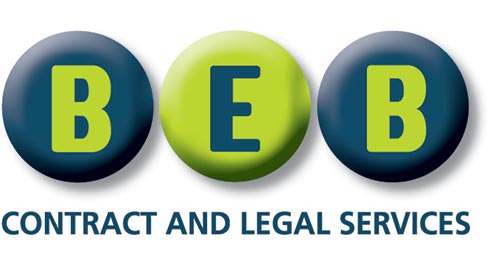Mitigating Disputes, Ensuring Compliance, and Protecting Consumer Rights
When you are contacted by a customer to quote for some work on their property you must ensure you have terms and conditions that are applicable to your contract. Without clear and well-defined terms and conditions, several problems can arise in the trade industry:
- Disputes and Misunderstandings: Without explicitly stated terms and conditions, there is a higher risk of disputes and misunderstandings between the parties. Each party may have different expectations or interpretations of the work, leading to conflicts and disagreements.
- Inconsistent Pricing and Payment Issues: Without clear terms and conditions regarding pricing and payment, there may be inconsistencies or disagreements regarding the agreed-upon price, payment schedule, or additional charges. This can lead to payment delays, non-payment, or financial disputes.
- Lack of Consumer Protection: In trades involving consumers, the absence of terms and conditions can leave consumers vulnerable to unfair practices, unclear refund or return policies, and potential breaches of their rights. This can result in dissatisfaction, loss of trust, and potential legal issues.
As with any industry where one party agrees to sell a product or service, and the other party agrees to buy it a contract is formed. The terms and conditions of the work outline the specific details and rules that govern the transaction. While the exact terms and conditions can vary depending on the nature of the trade and the parties involved, here are some common elements that are important:
- Legal Protection: Terms and conditions serve as a legally binding contract between the parties involved in a trade. They outline the rights and obligations of each party, providing a legal framework that helps protect their interests and clarify their responsibilities.
- Mutual Understanding: By clearly stating the terms and conditions of the work, both parties can ensure they have a mutual understanding of the transaction. This reduces the risk of miscommunication, misunderstandings, or disputes arising from different interpretations of the agreement.
- Risk Mitigation: Terms and conditions can address potential risks and liabilities associated with the work. They can outline provisions for warranties, guarantees, limitations of liability, and dispute resolution mechanisms. By addressing these potential issues upfront, the parties can minimize the risks and uncertainties involved in the completion of the work.
- Consumer Protection: In trades involving consumers, terms and conditions play a crucial role in protecting their rights. They provide transparency regarding pricing, refund policies, privacy protections, and any other important information that consumers need to make informed decisions. Not stating these consumer rights can in fact give them more rights.
- Setting Expectations: Terms and conditions help set clear expectations for both parties. They define the scope of the trade, the quality standards, delivery timelines, payment terms, and any other relevant details. This ensures that both parties have a common understanding of what is expected from each other, reducing the likelihood of disputes or dissatisfaction.
- Legal Compliance: Depending on the industry and the nature of the trade, there may be specific legal requirements that need to be addressed in the terms and conditions. These can include consumer protection laws, privacy regulations, intellectual property rights, or industry-specific regulations. Ensuring compliance with these legal obligations through the terms and conditions helps protect you from legal consequences.
Overall, having clear and comprehensive terms and conditions is essential for establishing a fair and transparent trading relationship. It helps protect the rights and interests of all parties involved, minimises risks, and provides a framework for resolving disputes or conflicts that may arise during the trade.
Get in touch if you have any legal questions: info@bebconsultancy.co.uk or 01604 217365

